Museum of Knowledge students often ask us how they can become fluent in English. Are there any special tricks they can adopt to learn English more quickly than their counterparts? The truth is, becoming fluent in English requires a number of skills. Taking into consideration that learning a language requires a foundation of knowledge across four key disciplines, reading, writing, listening and speaking, students will need to factor this into their study timeline.
Reading– Depending on the student’s level, reading exercises can range from books, newspapers, magazines and website content. All of these disciplines can give students a comprehensive understanding of the English language, enable them to gain essential skills, grasp essential vocabulary and perfect sentence structure.
Writing- Many students who wish to learn English may find writing to be one of their biggest challenges. The key to writing good English is accuracy and grammar. Verb conjugation skills are also essential. It is much more difficult to hide a mistake when writing in English, and the best way to ensure that mistakes are not made is by taking regular spelling tests, understanding sentence construction, syntax and grammar.
Listening- Gaining good listening techniques is also critical for students who wish to become fluent in English. Of course there are many accents that students will have to be exposed to in order to really perfect their skills and be able to understand spoken English. Across the UK for example the South East, North East and North West have very distinct accents. Then of course, even wider than this we consider other accents found in the United States of America, Australia and New Zealand.
Speaking- To be truly fluent in English, being able to master verbal communication is imperative. Once again accents play a strong part in this and depending on where the student has been taught will affect the accent used when speaking. Developing strong verbal skills in English requires students to express themselves with subtle tones and pronunciation that identifies the English language.





